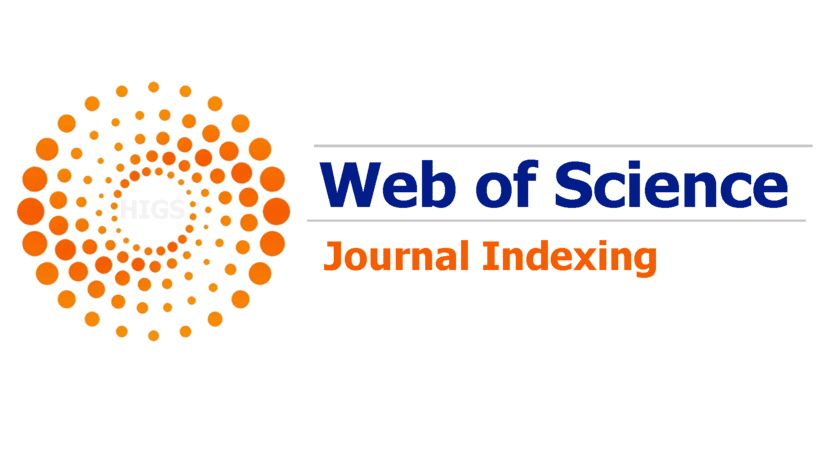Perspectives of the fee-fishing enterprises activity in Alto Tietê River Basin: Contributions to the management of the water multiple uses
Keywords:
fee-fishing enterprise, “fish and pay†and “pay and fish†systems, socioeconomic and environmental appraisal, peri-urban areas, Alto Tietê River, BrazilAbstract
The rural space around the Metropolitan Region of São Paulo is changing due to the processes of urbanization, prevailing the activities with urban characteristics, like industries and fishing farms. The objective of the present study was to undertake a socioeconomic and environmental diagnosis of the fee-fishing activities in the region of the headwaters of the Tietê River basin (Cabeceiras) and in that of Guarapiranga, with emphasis in fee-fishing enterprises with "fish and pay†and "pay and fish†systems. The research was developed at Suzano, Mogi das Cruzes, Biritiba Mirim and Salesópolis (Alto Tietê sub-basin) and at Parelheiros and Jardim Angela (Guarapiranga sub-basin), from September 2003 to July 2004. Twenty-four fee-fishing enterprises were investigated (35% of the total identified) by interviews with owners and sport fishers. Four types of fee-fishing enterprises were identified, taking into account the basic or basic+optional services offered by them, and the technical competence of the owner. The results show that fee-fishing activity arised in the region as an income and a leisure alternative, but that it cannot be considered a profitable enterprise, when compared to the activity in its beginning. A tendency that only the most efficient enterprises will remain in the activity was also observed. Considering technical indicators, the fee-fishing enterprises were equally inefficient and precarious. Relative to the water quality in the enterprises, the high levels of nitrogen and phosphorus in the effluents of the ponds indicate a high organic load and environmental degradation, and then the necessity of an adequate management and of the implementation of treatment stations.
References
CAMPANHOLA, C. e GRAZIANO da SILVA, J. 2000 O agroturismo como nova fonte de renda para o
pequeno agricultor brasileiro. In: ALMEIDA, J.A. e RIEDL, M. (Ed.). Turismo Rural í Ecologia, Lazer e Desenvolvimento. Bauru: EDUSC. p.145-180.
CASTRO, P.M.G.; CAMPOS, E.C.; SPIGOLON, J.R.;MARUYAMA, L.S. 2003 Diagnóstico da atividade pesqueira artesanal no Médio e Baixo Rio Tietê: uma análise crítica da situação atual. In: ENCONTRO BRASILEIRO DE ICTIOLOGIA, 15., São Paulo, 20/jan./2003. Anais... São Paulo:Universidade Mackenzie/ Sociedade Brasileira de Ictiologia. 1 CD-ROM.
ESTEVES, K.E. e ISHIKAWA, C.M. 2003 Management practices in fee-fishing ponds of the metropolitan region of São Paulo, SP, Brazil. In: WORLD AQUACULTURE, Salvador, 19-23/mai./2003. Livro de Resumos... Salvador. v.1, p.244.
ESTEVES, K.E.; ISHIKAWA, C.M.; MERCANTE, C.T.J.; SANT’ANNA, C.L.; AZEVEDO, M.T.P.; MATTÉ,M.H.; BALIAN, S.C.; CABIANCA, M.A.; LIUSON, E.; FUJII, R.T. 2003 Ecological-Sanitary diagnosis of fee-fishing ponds of the etropolitan Region of São Paulo, SP, Brazil. In: WORLD AQUACULTURE, Salvador, 19-23/mai./2003. Livro de Resumos... v.1, p.243.
GRAZIANO da SILVA, J. 1999 O novo rural brasileiro. Campinas: UNICAMP/Instituto de Economia. Coleção Pesquisas, v.1, 151p
INCRA/FAO 2004 Curso Análise diagnóstico de sistemas agrários. Guia Metodológico Versão 5.0. 68p.
KITAMURA, P.C.; LOPES, R.B.; CASTRO JR., F.G.; QUEIROZ, J.F. 1999 Avaliação ambiental e econômica dos lagos de pesca esportiva na Bacia do Rio Piracicaba. B. Indústr. anim., Nova Odessa, 56(1): 95-107.
MERCANTE, C.T.J.; COSTA, S.V.; SILVA, D.; CABIANCA, M.A.; ESTEVES, K.E. 2004 Water quality in fee-fishing ponds located in the metropolitan region of São Paulo city, Brasil: an analysis of the eutrophication process.Acta Limnol. Bras., Botucatu, 16(1): 95-102.
MERCANTE, C.T.J.; COSTA, S.V ; SILVA, D.; CABIANCA, M.A.; ESTEVES, K.E. 2005 Qualidade da água em pesque-pague da região metropolitana de São Paulo (Brasil): avaliação através de fatores abióticos (período seco e chuvoso). Acta Scientiarum, Maringá, 27(1): 1-7.
PETRERE JR., M. e AGOSTINHO, A. 1993 La pesca en el Tramo brasileí±o del Río Paraná. In: Informe de la sexta Reunión del Grupo de Trabajo sobre Recursos Pesqueros. FAO Informe de Pesca, Montevidéo, 490: 52-73.
PEZZATO, L.E. e SCORVO FILHO, J.D. 2000 Situação atual da Aqüicultura na região sudeste. In: VALENTI, W.C. (Ed.). Aqüicultura no Brasil: bases para um desenvolvimento sustentável. Brasília:CNPq./Ministério da Ciência e Tecnologia.p.303-321.
SCHNEIDER, S. 2000 As atividades rurais nãoagrícolas e as transformações do espaço rural: perspectivas recentes. Cuadernos de Desarrollo Rural, Bogotá, 1(44): 11-40.
SCORVO FILHO, J.D. 1999 Avaliação técnica e econômica das piscigranjas de três regiões do Estado de São
Paulo. Jaboticabal. 120p. (Tese de Doutoramento.Universidade Estadual Paulista).
TORLONI, C.E.C. 1990 Pescador-Aqüicultor: Uma necessidade. Série Divulgação e Informação-CESP,São Paulo, 134: 1-20.
VENTURIERI, R. 2002 Pesque-Pague no Estado de São Paulo. São Paulo: Eco-Associação para estudos do ambiente. 168p.
VERMULM JUNIOR, H.; GIAMAS, M.T.D.; CAMPOS,E.C.; CÂMARA, J.J.C. da; BARBIERI, G. 2001 Avaliação da pesca extrativa em alguns rios do Estado de São Paulo, no período entre 1994 e 1999. B. Inst. Pesca, São Paulo, 27(2): 209-217.
ZAR, J.H. 1984 Biostatistical Analysis. 2. ed. New Jersey: Englewood Cliffs, Prentice-Hall. 718p.










